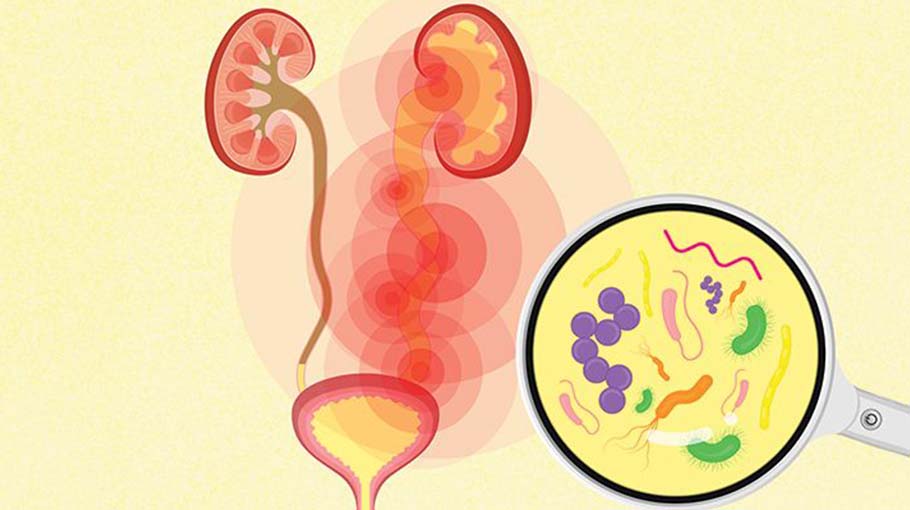Treatment for UTI (part 3)

Your healthcare professional will determine if you have a UTI by:
• Asking about symptoms
• Doing a physical exam
• Ordering urine tests, if needed
Bacteria cause UTIs and antibiotics treat them. However, any time you take antibiotics, they can cause side effects. Side effects can include rash, dizziness, nausea, diarrhea, and yeast infections. More serious side effects can include antibiotic-resistant infections or C. diff infection, which causes diarrhea that can lead to severe colon damage and death. Call your healthcare professional if you develop any side effects while taking your antibiotic.
Sometimes other illnesses, such as sexually transmitted diseases, have symptoms similar to UTIs. Your healthcare professional can determine if a UTI or different illness is causing your symptoms and determine the best treatment.
If your healthcare professional prescribes you antibiotics:
• Take antibiotics exactly as your healthcare professional tells you.
• Do not share your antibiotics with others.
• Do not save antibiotics for later. Talk to your healthcare professional about safely discarding leftover antibiotics.
Drink plenty of water or other fluids. Your healthcare professional might also recommend medicine to help lessen the pain or discomfort. Talk with your healthcare professional if you have any questions about your antibiotics.
Prevention:
You can help prevent UTIs by doing the following:
• Urinate after sexual activity.
• Stay well hydrated.
• Take showers instead of baths.
• Minimize douching, sprays, or powders in the genital area.
• Teach girls when potty training to wipe front to back.




